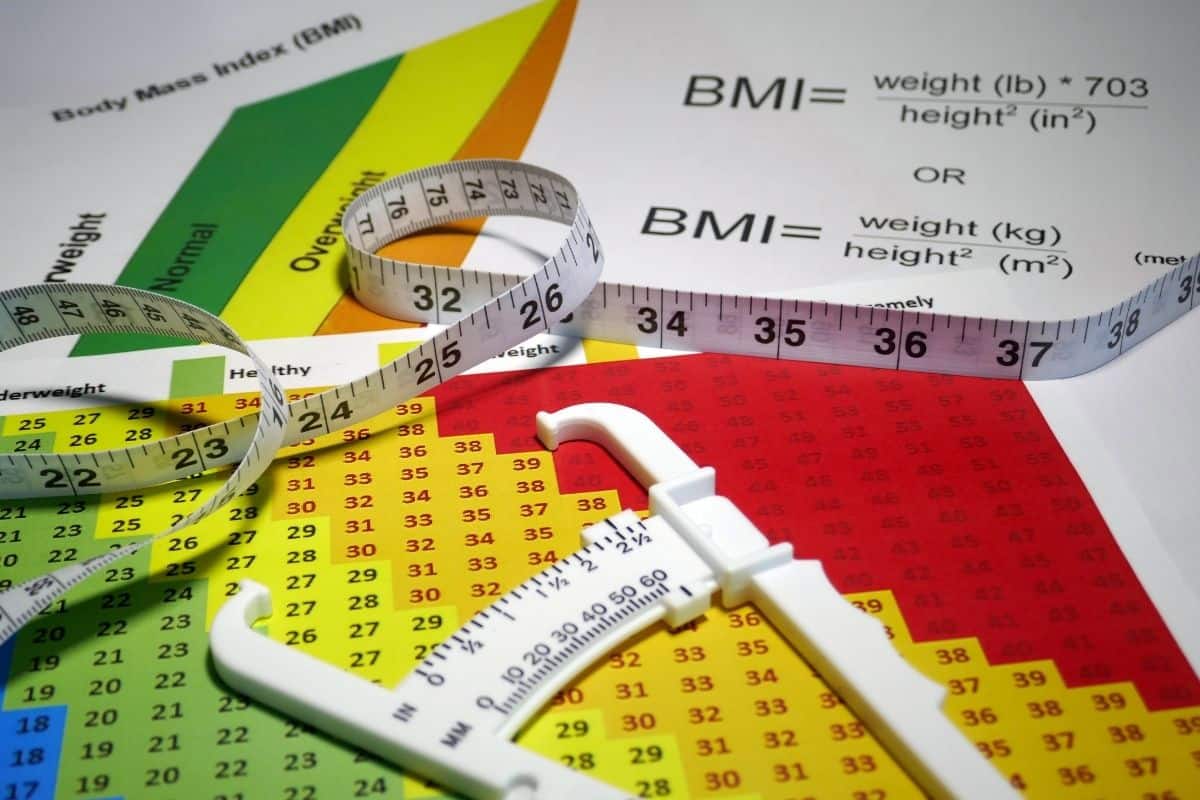Losing weight can be a struggle, especially when it is tied to so many other ailments that could be negatively affecting your life.
However, no matter how hard we diet and exercise, some of us just can’t seem to shift that weight or have no consistency when it comes to weight loss.
This can be super disheartening but there is always the option of weight loss surgery to help out those who want to be able to live their day to day lives as freely as possible.
However, weight loss surgery can be expensive – but can you avoid the cost through your Medicaid coverage?
Here we are going to take a look at what kind of weight loss treatment you are covered by with Medicaid, including the many types of weight loss surgery.
This way, you can find out what kinds of treatment you have access to so you can get back to living your life the way you should!
Table of contents
Does Medicaid Cover Weight Loss Surgery?

Medicaid does indeed cover certain types of weight loss surgery, but there is also a criteria that every patient needs to meet before Medicaid will cover the cost of the surgery and visits to the surgeon.
This is why so many people often doubt whether Medicaid covers weight loss surgery – it does, but if you fail to meet the criteria, you will be forced to cover the cost for your surgery yourself.
But, if you do meet all of the criteria Medicaid has set, then they will cover the costs for certain types of surgery designed to improve weight loss.
These types of surgery include lap gastric bands, gastric bypass, and gastric sleeve surgery – these are all covered by Medicaid as long as you meet their below criteria.
What Is The Medicaid Criteria For Weight Loss Surgery?
Every single patient needs to meet the criteria set out by Medicaid before they will cover the cost for many weight loss surgeries and surgeon visits.
The criteria involves a list of rules that every patient needs to tick off, so let’s take a look at what rules you need to meet before Medicaid will agree to cover the costs of your weight loss surgery.
The first rule regards the age of the patient. The patient must be over the age of 13 years old for a female and 15 years old for a male.
Medicaid will not cover the costs for weight loss surgery for any patient under these ages.
The second part of the criteria involves the weight of the patient.
For Medicaid to cover the cost of the weight loss surgery, the patient must have a Body Mass Index (BMI) of over 35 with at least one comorbidity.

If you are under 21 years of age, then your BMI must be over 40 with one comorbidity. Comorbidities are a type of illness or disease that occurs with another primary condition.
In this case, comorbidities related to obesity involve diabetes, sleep apnea, high blood pressure and high cholesterol.
So, having a high BMI is not enough – you also need to be suffering from one illness or more that is directly related to your weight.
Other Criteria
As well as the above criteria, you will also need to pass a psychological exam and prove that you understand that your weight loss surgery will result in a need to change both your diet and daily lifestyle after it is complete.
As for documentation, you must have a letter of proof from your doctor or primary care physician that states that you medically need to have weight loss surgery.
This letter also needs to be coupled with a lot of documentation that shows that you have tried to treat your comorbidities with other forms of standard treatment including medication, etc.
This is to prove that your condition negatively affects your daily life and that it is your doctor or physician’s medical opinion that undergoing this weight loss surgery is necessary for the good of you and your health.
You will also need documentation that also proves that you tried a medically supervised program to lose your weight for at least 6 months, and that this program was undertaken within the last 12 months before your surgery.
This is to prove to Medicaid that normal weight loss routines and diets have not had their desired effect on your situation and has not helped aid in treating your ailments.
Once you meet all of these requirements, Medicaid should give you the green light and cover the cost of your weight loss surgery.
However, there are some things that can prevent you from passing the criteria and will stop Medicaid from agreeing to cover your surgery costs.
What Will Stop You From Qualifying For Weight Loss Surgery?
There are a few factors that will prevent Medicaid from agreeing to cover your surgery costs.
These factors include having a long history of steroid use or if you suffer from various diseases that can complicate your surgery.
These diseases include inflammatory bowel disease, chronic pancreatitis, or any malignant cancers you are currently receiving treatment for.
If you are also pregnant, then Medicaid will also refuse to cover your surgery.
If you also have a history of non-compliance with medical treatment, or are undergoing psychological treatment that could possibly interfere with how compliant you are to the diet and lifestyle changes post-operation, then Medicaid will also refuse to cover your costs.
This is because Medicaid has doubts in your ability to follow through on the postoperative treatments and are willing to make the changes that will help you keep the weight off.
Conclusion
So, Medicaid does cover weight loss surgery but only if the patient involved meets theri above criteria.
The criteria covers areas including the patient’s age, psychological state, comorbidities, consent and understanding of the effects of their treatment, and proof that they have tried to solve their weight issues through lots of other means.
With all other routes exhausted, only then will Medicaid agree to cover the costs of weight loss surgery as it is then considered the last necessary resort.
Frequently Asked Questions
Have a body mass index (BMI) of 35 or higher, or have a BMI between 30 and 35 and an obesity-related condition, such as heart disease, diabetes, high blood pressure or severe sleep apnea. Weigh less than 450 pounds, the maximum weight that hospital radiology equipment can accommodate.
After going through all the benefits and risks of weight loss surgery, we can say that Vertical Sleeve Gastrectomy is the safest among all the surgeries. This surgery will make your stomach smaller, causing you to eat less. However, as with most surgical procedures, there is the risk of side effects and complications.
On average, the time between your initial visit with the Penn Bariatric and Weight Loss Surgery Program and surgery is four to seven months. This time frame can vary depending upon the insurance company and the rate at which medical clearances are obtained.
